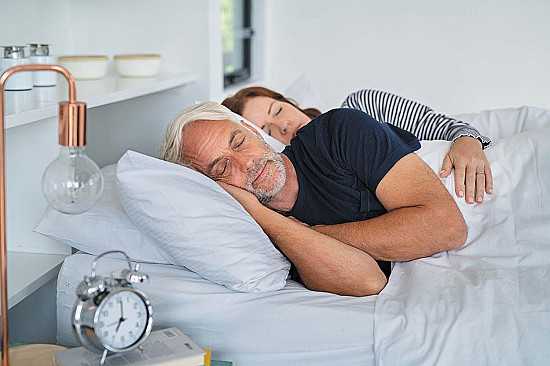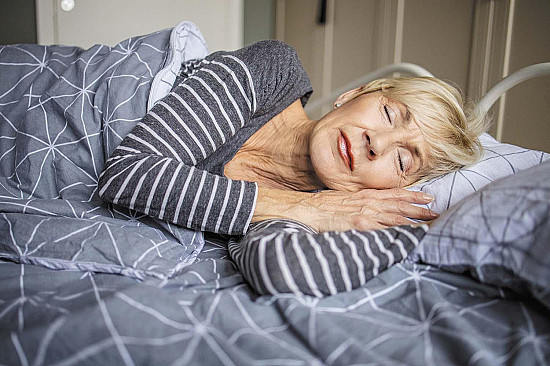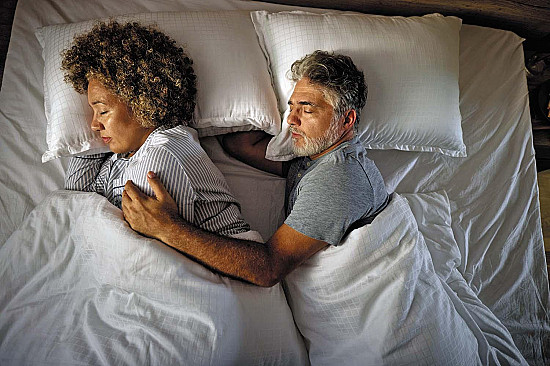Get a better night's sleep by turning off electronic gadgets
Maybe you've heard that turning off a computer, smartphone, or TV screen can help you fall asleep, but is there really any truth to it? "Absolutely," says sleep expert Dr. Lawrence Epstein, an instructor in medicine at Harvard Medical School. "Light by itself is an alerting stimulus. It also suppresses the secretion of melatonin, a substance that helps regulate the body's internal clock, which controls the timing of the sleep-wake cycle." That means bright light in the late evening can delay the sleep period, making it harder to fall asleep at night and harder to get up early in the morning. "The later you look at bright screens, the more you can shift your internal clock," says Dr. Epstein.
To continue reading this article, you must log in.
Subscribe to Harvard Health Online Plus (HHO+) to unlock expert-backed health insights, personalized tools, and exclusive resources to feel your best every day.
Here’s what you get with your HHO+ membership:
- Unlimited access to all Harvard Health Online content
- 4 expertly curated newsletters delivered monthly
- Customized website experience aligned to your health goals
- In-depth health guides on topics like sleep, exercise, and more
- Interactive features like videos and quizzes
- Members-only access to exclusive articles and resources
I’d like to subscribe to HHO+ for $4.99/month to access expert-backed content to help make smart, informed decisions about my well-being.
Sign Me UpAlready a member? Login ».
Disclaimer:
As a service to our readers, Harvard Health Publishing provides access to our library of archived content. Please note the date of last review or update on all articles.
No content on this site, regardless of date, should ever be used as a substitute for direct medical advice from your doctor or other qualified clinician.















